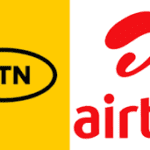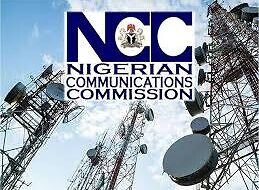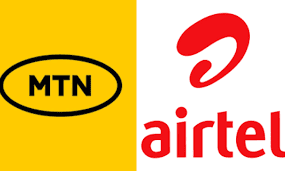Telecom tower companies in Nigeria are now turning to solar power to reduce fuel costs and protect the environment. These companies are installing solar systems at base stations, especially in remote areas with no access to the power grid. Some companies in advanced countries have also started similar test projects.
Although solar-powered towers are still new in many places, they are quickly becoming a smart choice for the telecom industry. The goal is to lower operating costs and reduce pollution.
Ernest Akinola, a UK-based renewable energy expert and former CEO of a telecom firm in Nigeria, said diesel now makes up almost 60% of a telecom company’s operating costs.
“Nigeria has around 42,000 base stations, but we need almost twice that number,” Akinola told The PUNCH. “These towers run non-stop every day. With high diesel prices, going solar is the only sensible option.”
Tower Firms Lead the Way in Solar Transition
Most telecom companies no longer own their base stations. They have handed them over to tower companies that manage and maintain them for several networks. These tower firms often share infrastructure, like Home Location Registers, across multiple service providers. This shared model helps reduce costs.
Still, only 20% of base stations in Nigeria use solar power today, according to Akinola. This shows a big gap and a clear chance to switch to cleaner energy.
The telecom industry has even come up with a name for this shift—“tower power”—to describe the move toward energy-saving base stations.
OEMs Offer Solar Solutions With Revenue-Sharing Deals
Akinola explained that some well-funded equipment manufacturers are now offering solar systems to tower companies. In return, they get a share of the money saved on fuel. These revenue-sharing agreements are making it easier for companies to afford the switch.
Across Africa, countries like Rwanda and South Sudan have already made progress with solar towers. MTN South Sudan, for example, said it cut fuel costs by 30% after using solar power at many of its base stations.
“Our solar switch shows how serious we are about protecting the environment and running our business better,” MTN South Sudan said in a statement.
MTN Nigeria and Airtel are also looking into renewable energy options such as solar and wind. But Akinola said it’s not always easy. In some remote or dangerous areas, installing and maintaining solar systems can be a big challenge.
Solar Power Could Decide the Future of Nigeria’s Telecom Industry
Akinola believes the switch to solar isn’t just smart—it’s necessary. “If diesel takes up 60% of your costs, then moving to solar is a no-brainer,” he said. “Without solar, telecom companies may not survive financially.”
He also said solar energy can help introduce better power systems and new business models. These changes could help telecom operators save money and improve their services through shared earnings with solar solution providers.
“The Nigerian telecom sector is at a turning point,” Akinola concluded. “The choice we make now about power will decide how affordable and reliable telecom services become for millions of people.”
- Mobile Growth Surges as Nigeria’s Phone Users Near 180m—NCC
- Nigeria’s Broadband Target Slips Again
- MTN, Airtel Experience Service Outages in Abuja Over Diesel Supply Disruptions
- Airtel Africa, SpaceX Partner on Starlink Direct-to-Cell Connectivity Across 14 Markets
- 4 Hours of Data Outage: How Glo Did Users ‘Detty’ in Big 2025
- Glo Issues Apology Over Nationwide Data Disruption Earlier Today













No Comments